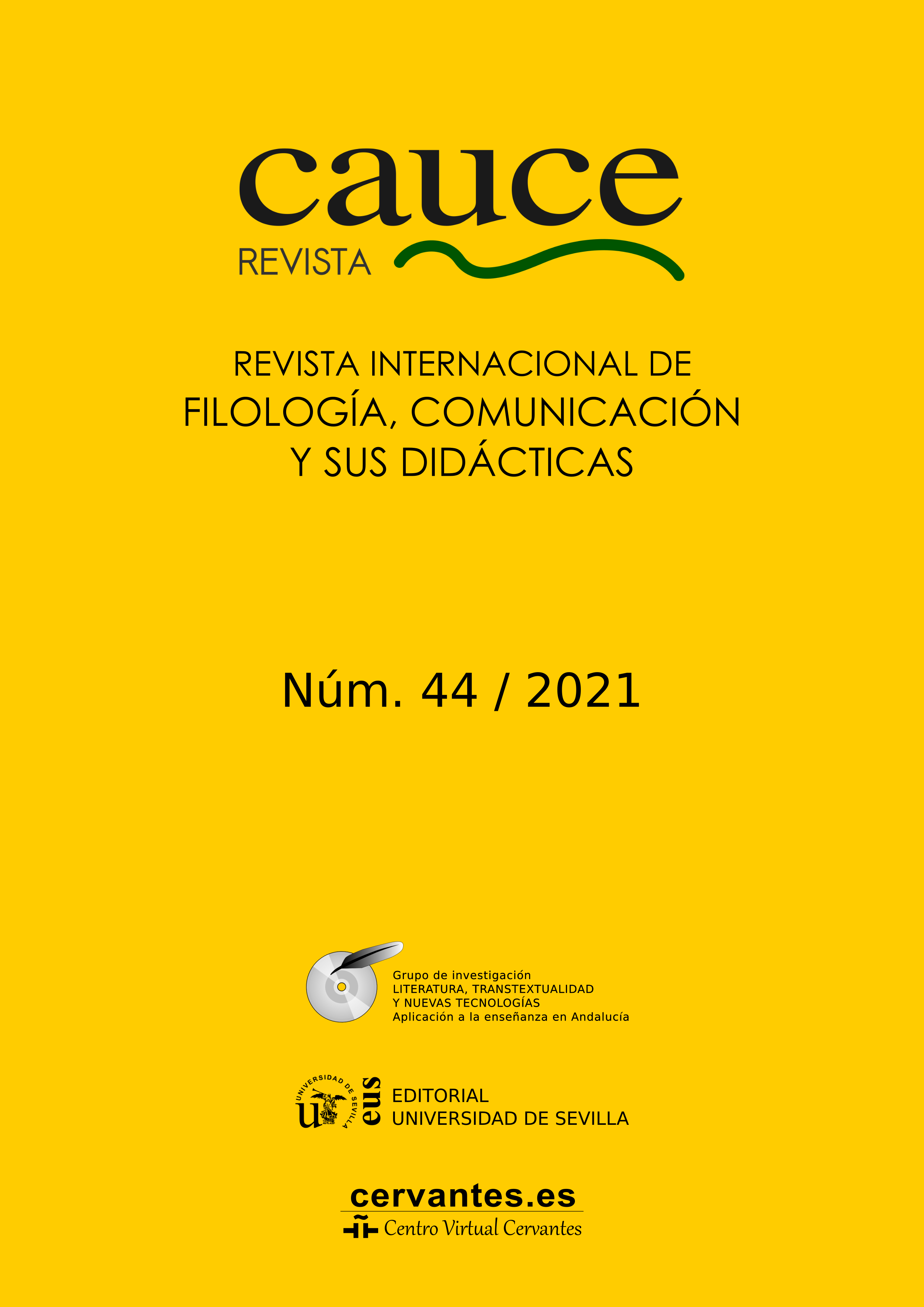Queering Poetic Subjects: Gender, Space and Time in García Lorca's Late Poetry
Abstract
This article focuses on a selection of poems from Federico García Lorca’s 1930s poetic works, Diván del Tamarit and Sonetos del amor oscuro, to argue that, by adding a non-normative element to his exploration of desire, Lorca queers poetic subjects and articulates gender, space and time in transgressive and innovative ways. Both poetic works reveal a sense of ambiguity made explicit as an integral part of the poetic artifice, together with spatiotemporal transgressions and re-appropriations of various poetic traditions, which reinforce the constructed and destructive nature of heteronormative discourses around gender and desire. Through close textual reading, I examine how Lorca creates an indeterminate and epenthetic poetic realm where the limits of desire and death are distorted and bodies, emotional states and spatiotemporal coordinates are unstable and fluid.
Downloads
Published
How to Cite
Issue
Section
License
Los originales publicados en la Revista Cauce se acogen a la licencia "Creative Commons Reconocimiento 4.0" (CC BY 4.0). En caso de posteriores citas o menciones por parte de los mismos u otros autores, dicha licencia obliga a la mención de los autores originales.
Puede consultar desde aquí la versión informativa y el texto legal de la licencia. Esta circunstancia ha de hacerse constar expresamente de esta forma cuando sea necesario.


